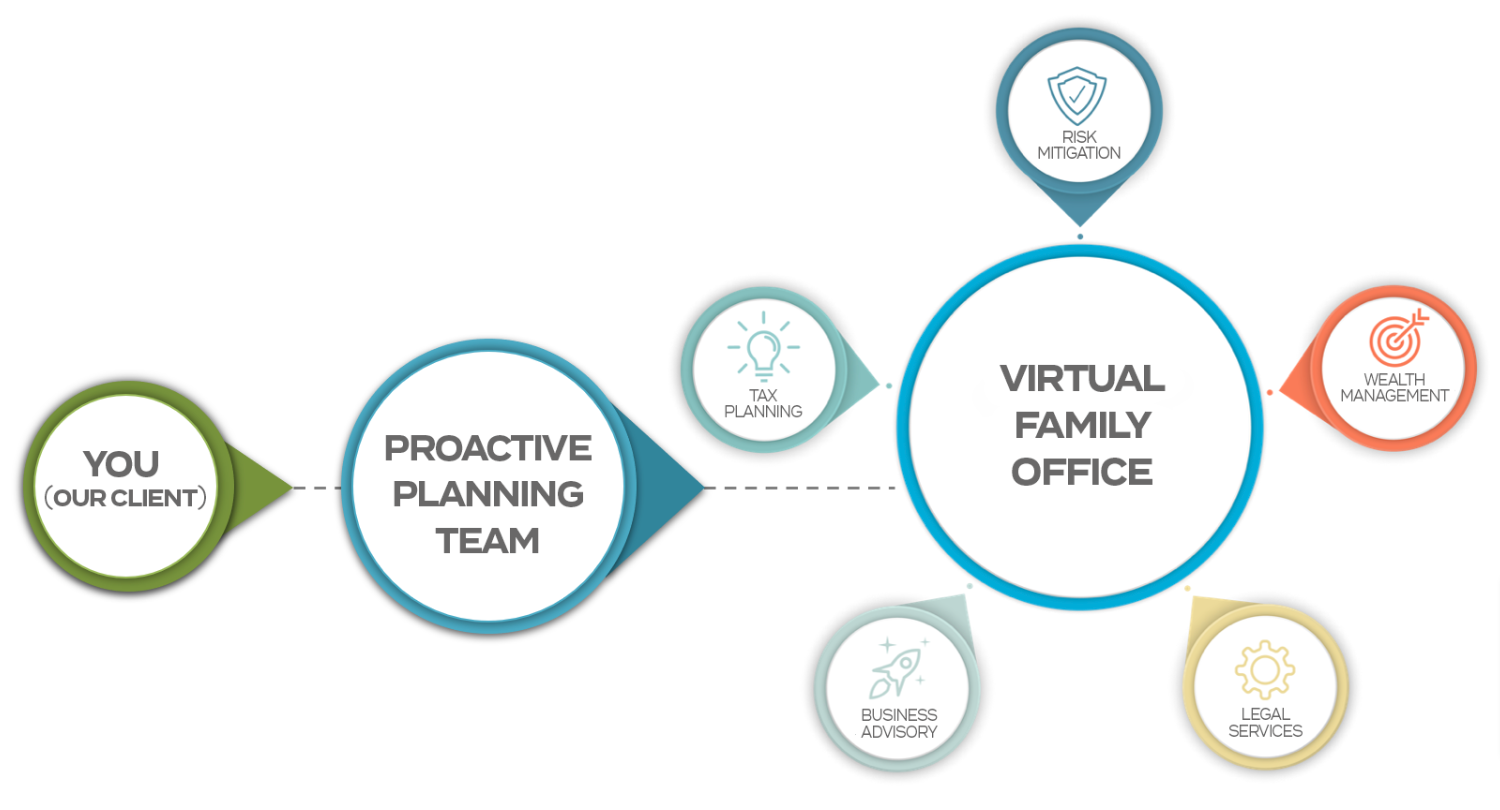Thankful for the Journey at Hammernik & Associates
It’s a slower week, here in Hammernik World. And I have some thoughts, which are perhaps a bit more meditative than normal because of how this holiday works for tax professionals.
The December holidays are wonderful, of course — but they are a calm before a big storm (tax season). We’re usually furiously prepping for the season, and seeking to understand the last-minute tax code changes that Congress often foists upon us.
And this year we’re contending with an entirely new layer of complexity by handling insurance reporting requirements on tax returns. Pretty complicated preparations for that are still underway.
Which makes this week a little sweeter. Yes, we’re preparing, but it’s not so … frantic.
So, this week of thanks — I’m beginning by looking back.
And when I do, I’m reminded of my firm’s many blessings. For instance, I do NOT take for granted that you have chosen us to walk with you as we give you advice and help take care of your business, especially around tax time. It’s hard to trust your “baby” (your business) to another, and we don’t take it lightly.
And maybe you can relate to this one: I also look back this week on the journey to get here. As anyone who runs their own business will agree, it’s a giant leap to go out “on your own”. I still remember what it was like to take this dream I had for Hammernik & Associates and put it into reality. I was a little bit scared, but I was hopeful. I remember the friends and other business-owners who helped me along the way … and how risky it all seemed.
Well, the risk DID pay off of course, and I’m happy about what we’ve been able to create around here at Team Hammernik. Now we get to be the ones helping people pursue THEIR dreams.
For a new business owner, the first step seems really big … until the next step comes! And then you realize that running a business is a series of these decisions … you become a good risk-taker, if you stay in it for long.
But it sure helps to have somebody with a cold, clear eye to make sure you know what you’re getting into.
Which brings me to what I’m thankful for this year, as a business owner … and hopefully as your friend.
As I gather at my table with family and friends this season … I am thankful for you — and people like you . Thank you for your trust, for your business year after year … and for making my first step into starting and running a tax firm “way back when” so rewarding now.
And what I’m excited about as we head towards the end of 2014 … well, here’s to helping YOU keep the IRS off your back in 2015!
Looks as if we’re all going to need it …
Warmly (and until next week),
Dale Hammernik
(414) 545-1890
Hammernik & Associates
The post Thankful for the Journey at Hammernik & Associates appeared first on Talking Tax to Milwaukee.
See More Blog Posts







